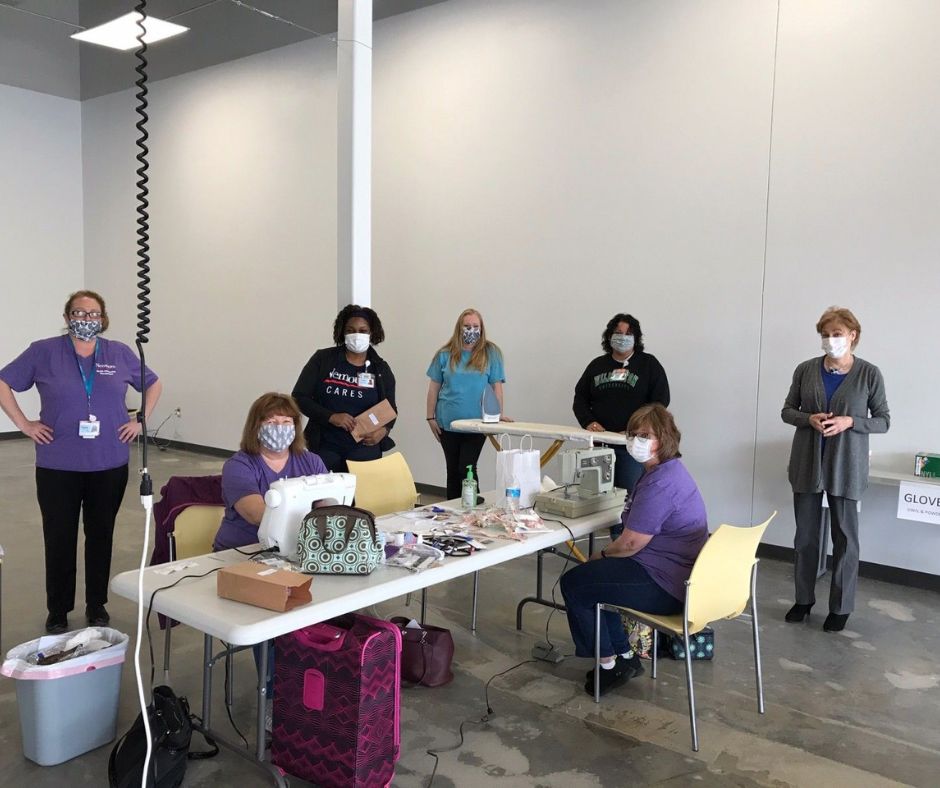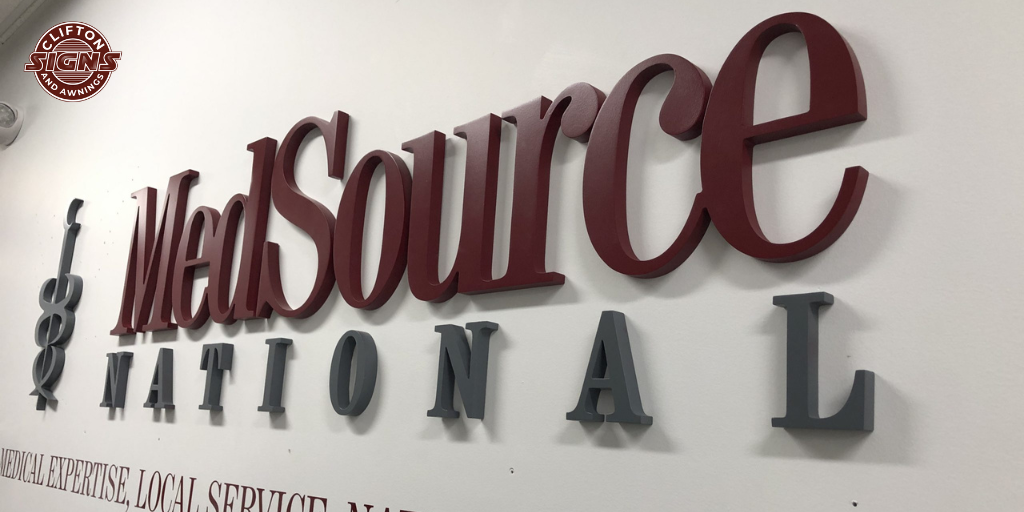Non-profit organizations are essential in building healthier communities by addressing societal issues. In Delaware, these organizations play a key role in improving the quality of life for residents, focusing on healthcare, education, environmental sustainability, and economic empowerment. This guide explores the impact of non-profit organizations in Delaware and their contributions to the state’s well-being.
The Scope of Delaware’s Non-Profit Sector
Delaware’s non-profit organizations and charities are diverse, together with both small network projects and massive country-wide efforts. They collaborate with the authorities, businesses, and volunteers to satisfy a wide range of wishes, from offering social services to maintaining natural assets.
The power of Delaware’s non-profit agencies lies in their capability to evolve to the unique challenges faced by way of communities. Supported through an aggregate of government investment, donations, and volunteer efforts, those organizations stay flexible and attentive to social adjustments.
Key Areas of Impact
- Healthcare and Social Services: Non-profit organizations are essential in ensuring that more citizens of Delaware have access to health and social services. In consequence, a great number of people including low-income and/or the vulnerable have to rely on non-profit organizations or charities to access necessary medical attention, counseling services, and health literacy. These services ensure that there are near or complete closures of the various health care gaps within the state thus improving the health of the people.
Apart from health, non-profit organizations offer food, clothing, and shelter to those who do not have homes, jobless persons, or women who are victims of domestic violence. Such services assist vulnerable residents to regain their lives and thus promote the development of safe neighborhoods.
- Education and Youth Development: Education is one of the focal points for many non-profit organizations in Delaware. They strive to minimize differences made in children’s performance affected by their disability and ensure equal opportunities for every child, especially those in need. This includes after-school activities, mentorship initiatives, and literacy programs to achieve good results in class and job markets.
These organizations develop youth programs that deal with youth leadership so that young people can be in a position to change their society positively. By doing so, the following initiatives assist in establishing a generation that is more engaged as well as stronger.
- Environmental Conservation: Delaware’s natural environment is a significant asset that non-profit organizations and charities are working to safeguard. These organizations fight to protect woodlands, wetlands, and other environments that are essential to the environmental well-being of the state. To guarantee the preservation of Delaware’s natural resources for future generations, they support sustainable practices, renewable energy, and sensible land usage.
Cleanups, greening projects, and environmental education are all common components of community-based environmental programs that foster a sense of responsibility for the surrounding environment among residents.
- Economic Empowerment and Workforce Development: Non-profit groups in Delaware play a vital role in promoting economic empowerment and personnel development. By supplying vocational training, job placement services, and monetary literacy programs, these companies help individuals, mainly the ones going through employment limitations, gain the skills needed to secure meaningful work.
These personnel improvement applications additionally contribute to the country’s economic increase by training a more skilled labor force. By fostering monetary independence, they help reduce poverty and enhance normal community well-being.
The Role of Volunteers and Donors
Delaware’s non-profit groups and charities rely closely on volunteers and contributions. Community members have an important role in helping these organizations realize their purposes, whether via time, knowledge, or financial donations. Volunteers frequently help these groups by arranging events or supporting individuals in need. Donors, along with individuals and corporations, provide important funding that allows these groups to maintain functioning and extend their services.
Conclusion
Nonprofit businesses in Delaware are important to the country’s social and financial improvement. They have a protracted-time period have an effect on on Delaware communities by way of tackling key concerns inclusive of healthcare, training, environmental protection, and financial empowerment. Their work, together with the efforts of volunteers and contributors, guarantees that Delaware’s non-profit organizations and charities survive, resulting in a more resilient and equitable community.
If you want to help these groups, consider donating to “Donate Delaware.” This non-profit is committed to improving lives throughout the state by addressing important needs. Your contributions can help to guarantee that critical resources reach those in most need, making a real difference in the community.







